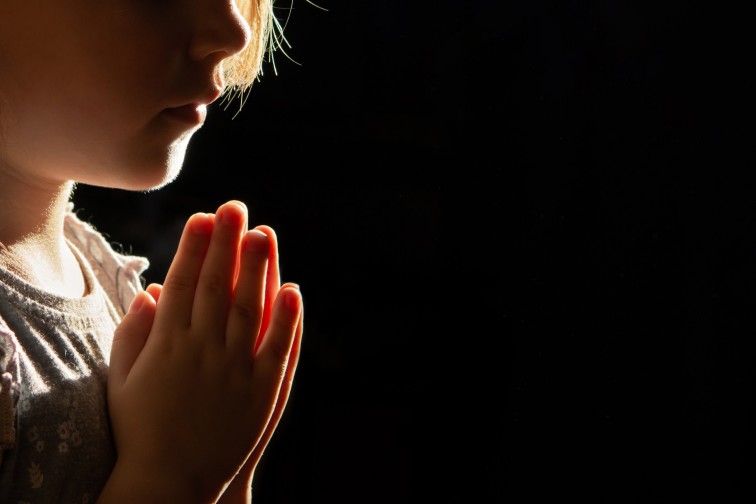If you walk into a college Christian ministry meeting today, there is a good chance you’ll see several pairs of TOMS shoes and students drinking fair trade coffee. Thanks to their purchases, a child in Rwanda now has a pair of canvas kicks and a Guatemalan farmer is receiving a “fair” price for his coffee bean yield. The consumers feel great about their socially conscious buys. Not to mention, they’re looking very trendy.
The unfortunate truth behind many socially responsible consumerist schemes is that they are a “hand out” rather than a “hand up” for the poor.
TOMS Shoes is under fire from free marketeers for suffocating the shoe manufacturing market in the countries it donates to. How can a shoemaker in Haiti compete with free shoes? They can’t.
Fair trade labeling has also been criticized for reducing the quality of commodities, signaled by the artificially high price farmers are guaranteed to receive. What’s more, fair trade prices encourage overproduction, which decreases the commodity world price and harms non-fair trade farmers.
“Do-good” initiatives like these have great intentions and often receive heavy support from Christian circles. However, TOMS and the Fair Trade Labeling Organization make the mistake of the bad economist: They focus on the positive effects of one group and overlook the negative effects on another.
Yet all is not lost. There are many socially responsible entrepreneurs who are both good economists and good Samaritans. Here two fashion philanthropies that own a happy marriage between free-market principles and altruism:
1. United by Blue

(Source)
United by Blue crushes the conventional belief that business interests are at odds with environmental interests. Launched in 2010, the Philadelphia-based, environmentally motivated, for-profit business sells organic shirts, bags and jewelry. For every product sold, United by Blue promises to clean up one pound of trash from oceans and waterways.
They operate under the belief that everyone on earth is dependent on clean oceans and waterways for survival. Likewise, we all have the responsibility and the power to heal our oceans, and business can be used as a means to make it happen.
United by Blue refuses to accept donations because they firmly believe conservation efforts should be self-sustaining, just like any business model. President and Chief Trash Collector, Brian Linton, says their business model is unique because:
“Our entire company is intertwined around selling products and picking up trash. We do not exist as two different organizations [and] we don’t pay anyone to remove trash for us. Our cleanups are company organized and hosted. […] Local volunteers are recruited to come out to the cleanup to help pick up trash, and these individuals are an integral part of our cleanup efforts.”
United by Blue allows free-market economists and environmentalists to put aside their differences. Its unique mission creates a sustainable demand for its products and environmental stewardship. As a result, jobs are created and our environment is cleaner, which means more opportunities and better living conditions for us all. United by Blue has cleaned 28,009 pounds of trash to date.
2. FIGS Ties: Threads for Threads
Even your neck can be fashionable and socially responsible at the same time! By purchasing a bow tie from Fashion Inspired Global Sophistication, you can help a child receive an education. Since 2009, FIGS has been donating threads for threads. For every tie or scarf sold from their Los Angeles and New York locations, FIGS donates a school uniform to a child in order for them to attend school.
How does a uniform directly enhance a child’s education? FIGS explains on their website:
“This is due to the strict rules about pride in appearance within most cultures. Unfortunately many areas are stricken with poverty and so countless children do not have uniforms, resulting in lack of education quickly becoming a widespread epidemic.”
FIGS hits two sides of the same altruistic coin: education and economic growth in the countries they donate to. According to founder Heather Hasson,
“All of the uniforms that FIGS donates are handmade by local tailors in the communities where the students live. We are extremely happy to say that not only do our ties promote education, but they also provide jobs within the communities that we serve as well!”
Rather than outcompeting local textile businesses or independent tailors like other charities, the Threads for Threads initiative creates jobs in the community receiving donations. Simultaneously creating jobs and improving education in this manner has the potential to spur economic growth in a way free hand outs cannot.
FIGS has donated approximately 10,000 uniforms to schools in Kenya and Tanzania. Hasson hopes to one day produce uniforms to children all across the world.
Contrary to what some believe, altruism has a proper place in the business world. Charitable businesses are most effective when free-market principles are applied and the impact on all groups is thoroughly evaluated. Having a heart for the environment or the poor is only the first step. Sound economics must be applied to provide sustainable stewardship for our world and a hand up for the world’s poorest.




